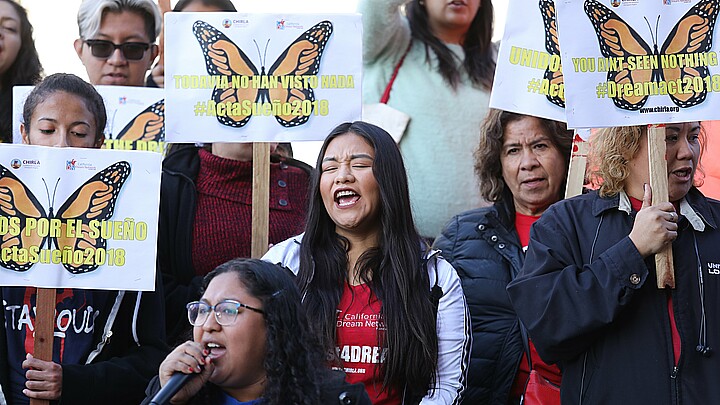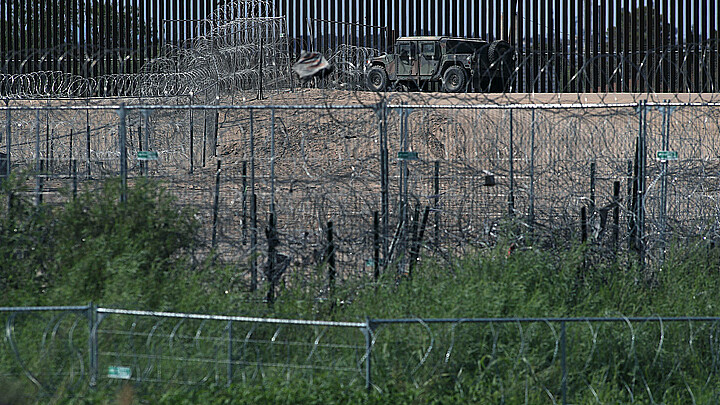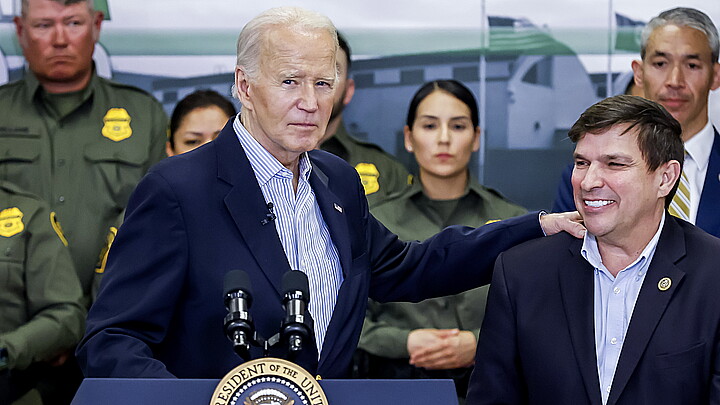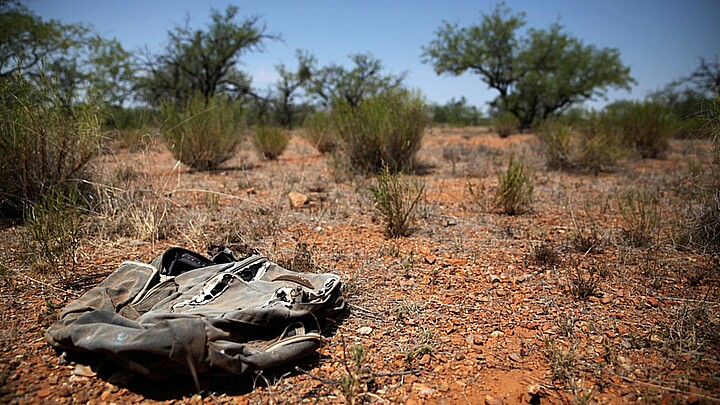Immigration
Federal judge presiding over humanitarian parole challenge denies Biden motion to postpone trial
Joe Biden government officials had requested one more month from the original date, but the judge only gave two days
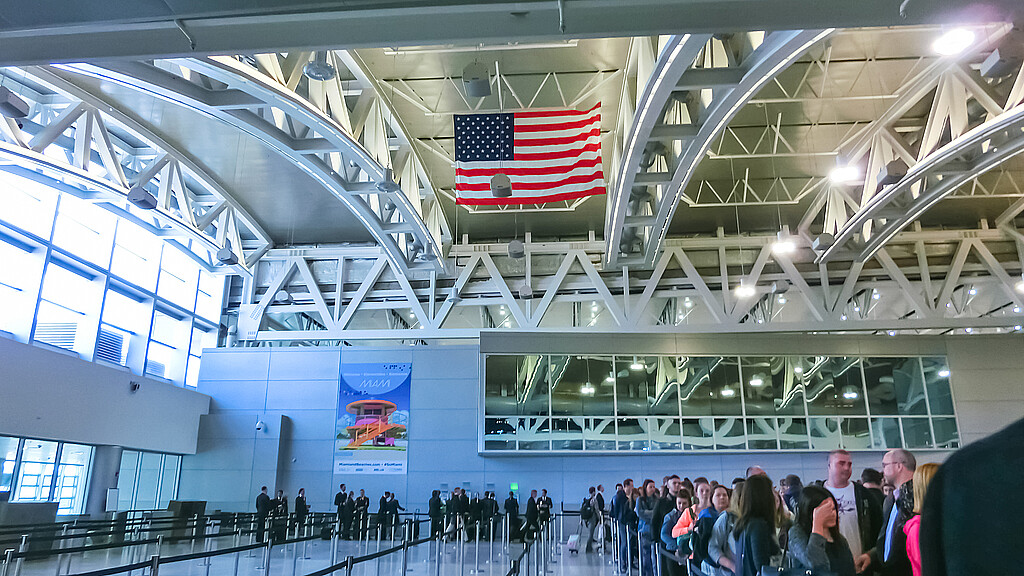
April 25, 2023 7:50am
Updated: April 25, 2023 7:50am
U.S. District Court Judge Drew B. Tipton of the Southern District of Texas, who is currently presiding over a multi-jurisdictional lawsuit to challenge the constitutionality President Biden's "Humanitarian Parole" program, which benefits Cuban, Nicaraguan, Venezuelan and Haitian citizens to enter the United States regularly, postponed the upcoming trial by two days.
The administration filed a motion for continuance, asking the judge to delay the trial for more than a month, but Tipton denied that request, only granting the Justice Department a two days extension.
In a published Order, Tipton ruled that “the parties will appear for a final preliminary conference on June 14, 2023, at 1:00 p.m. in Victoria, Texas. The court may hear pending motions and objections, mark and admit evidence. The trial will begin on June 15, 2023 at 9:00 a.m. in Texas."
The original date had been agreed for June 13, but before the motion of Biden administration officials who asked to delay the trial for at least 30 days, the judge in charge only approved two more days for them to collect all the information necessary for the trial.
In an interview with journalist Daniel Benítez,from Miami's Univision 23 channel, lawyer José Guerrero said the Biden administration just wants to buy more time.
Guerrero also explained that if the trial is delayed “it would be beneficial for the people who are applying to the program. Take a breather (…) We have many applications that are pending.”
Lawyers consulted by the aforementioned media "recommend those interested in applying or those who already have a travel permit to do so as soon as possible."
Lawsuit against humanitarian parole in the US
The Biden administration launched the new temporary stay permit for foreigners in the United States last January, a process granted for urgent humanitarian reasons or significant public benefit.
The program would grant up to 30,000 monthly permits to work in the U.S. to citizens of Cuba, Venezuela, Nicaragua and Haiti.
Requirements to apply include being outside of the United States, having a current and valid passport for international travel, having a sponsor with legal status in the U.S. who demonstrates the ability to provide financial, and any other type of support one may need for the person requesting the parole, in addition to paying for their airfare to the country.
The states of the representatives who signed the lawsuit against the "Humanitarian Parole" program are Florida, South Carolina, Iowa, Louisiana, Idaho, Alabama, Utah, Kentucky, Missouri, Texas, Nebraska, Tennessee, Wyoming, Alaska, Montana, Ohio, Arkansas, Mississippi, West Virginia, and Kansas.
According to official data, in March more than 27,000 people from Cuba, Venezuela, Haiti, and Nicaragua entered the United States through this program. A figure that for the first time since last January, when this policy was put into effect, is close to the agreed figure of 30,000 paroles per month.
"Non-citizen arrivals through these processes, which include careful vetting and require a sponsor present in the United States, are a testament to the benefit of these legal processes in promoting safe and orderly migration while reducing encounters along the way of the southwest border," the U.S. Customs and Border Protection (CBP) office read in a press release.

